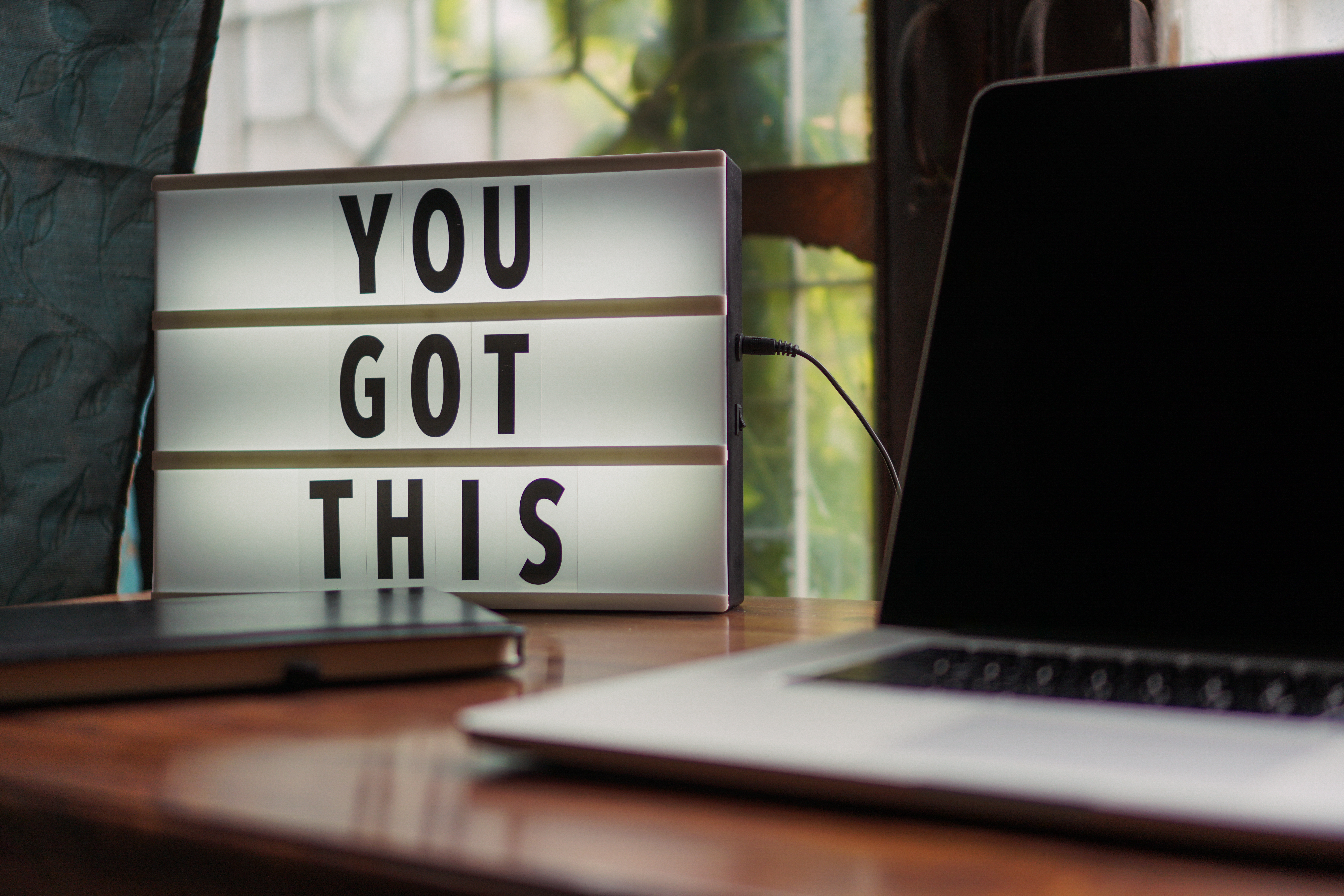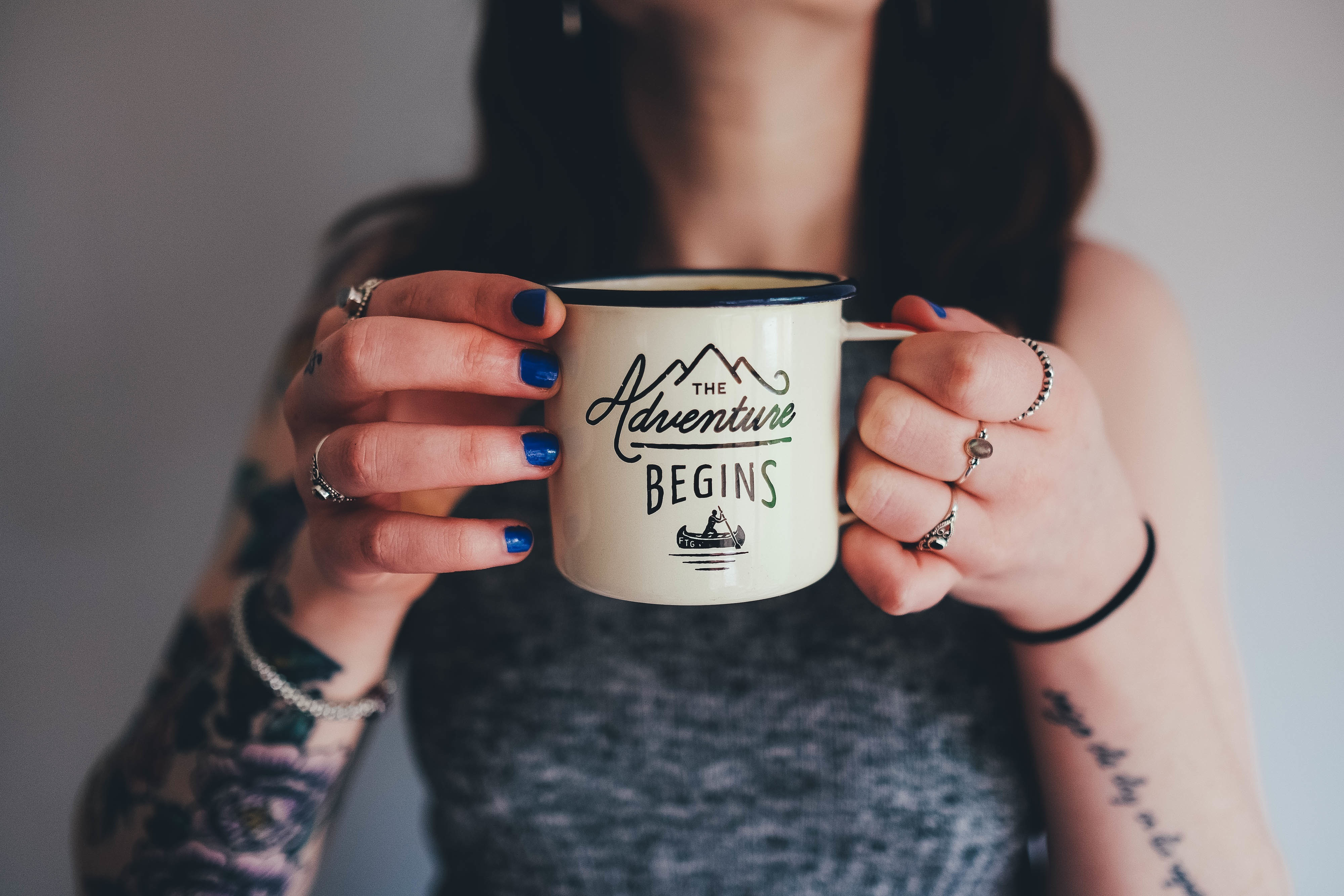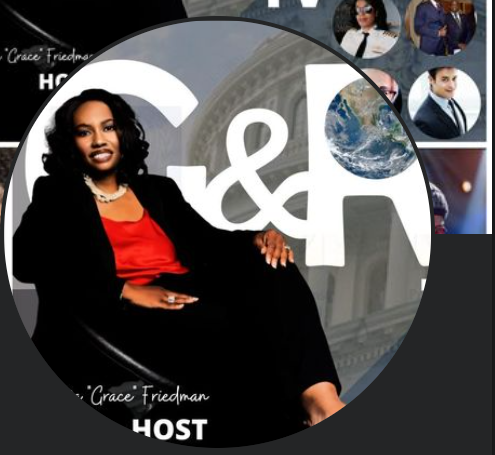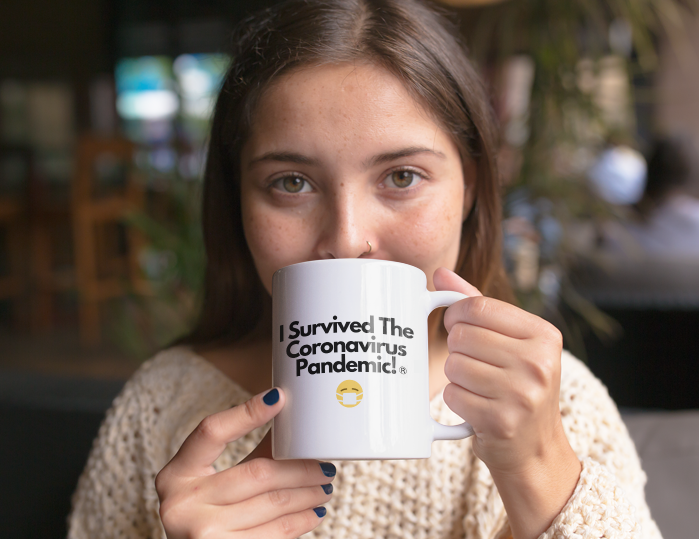“Mental Wellness is a State of Mind” | Olivia “Grace” Friedman 2020
Former United States Navy Aerospace Medicine Professional, “Doc” & Hospital Corpsman, Olivia “Grace” Friedman weighs in on the mental challenges of an outbreak. Provides guidance toward prioritizing one’s mental well-being in a crises.
The continuing Covid-19 outbreak is unprecedented in many of its facets, and it is inevitable from the looks of it, that the military will become involved. I for one am ready for activation to enter the reserves to help the nation recover. As it is always said by retired or separated US Navy medical people;
“We train for situations like this, and are always ready!”
US Navy Hospital Corpsmen “Docs” – Ready for activation need be

However, this is an outbreak of immense magnitude, and if we do not have enough personal Protective Equipment (PPE’s) right now, what good will it really do to place more people at risk in an attempt to assist this massive health crises? Sure, this is challenging for everyone, whether a Chief Information Officer, or a member of the public, or head of a public health organization, the response demands immediate attention and our lives will never again be the same. In reality, the past has taught us much with regard to viruses, yet as Covid-19 claims ownership, as the very first official global pandemic of our time, the “This is what we know”, and the “This is what we’re going to do.” era as opposed to solid facts, are taking center stage, not just in America, rather throughout the entire world. It’s ironic that this is all happening at a time when our country politics as well as society are in a constant state of flux, and ever increasing uncertainty and fear of the unknown.
Covid-19, the disease itself, happens to behave as many previous viruses like any number of prior epidemics, yet does not seem to want to morph or mutate out into something less dangerous. Many in the medical laboratory community tend to say a man-made virus tends not to mutate out as it was not made by mother-nature and that is one of her modes or operation. Also, that it is not mother nature if it does not calm down or go dormant. Therefore, it is likely that it will override in reputation as one of the most severe if not the most severe virus to date – far out-weighing the severe acute respiratory syndrome (SARS) outbreak from 2003, which taught us quite a bit if we were paying attention. It was respiratory, airborne, and taught us many lessons that apply now in real time. In fact, I believe SARS was the best way to have prepared in the past via live exercises and drills, for us to have learned from it, as well as other viruses of the past. All things considered, SARS was closest to being a global infectious threat that had the potential for reaching the USA and countless other countries, much like Covid-19 has now managed to do.
When in the United States Navy, I was popular socially outside of work since I got on with just about anyone, yet definitely not popular or liked at work. In fact, as an Information Systems Security Officer, I challenged people walking the halls often if without an ID, and as a “Doc” which is what they called us as Hospital Corpsmen and Aviation Hospital Corpsmen working directly with pilots and flight surgeons, I required drills and live activities in case of an emergency; viruses and plane crashes as well as other scenarios were at the very least, quarterly activities.
SARS and the spread thereof, was in every sense of the word, quickly contained, by resulting quickly implemented and executed efforts, on behalf of public health professionals as well as the general public, doing their part to maintain clean habits, limiting social contact, avoiding widespread the typical and sometime warranted quarantines. However, there were still health consequences that ensued. The mental health aspect of quarantine has been known to decrease morale and can in many instances increase or cause posttraumatic stress disorder (PTSD), and in some cases depression.
My point is this, even if we can weaken or slow the spread of the virus, there will still be ramifications in the sphere of mental well-being, not to mention those undiagnosed who may more than likely, suffer long-term issues from a positive result never captured meaning they were not treated possibly due to lack of symptoms for example. This concept is one that is most often missed or forgotten in the grand scheme of things with situations similar to what we are grappling with now. The mental health effects of Covid-19 in a fight or flight sense, will surely affect the mental health status of the world for many years to come, as has already been proven in the past. From a healthcare person’s perspective, I can see that for many years we shall remember these as well as other past the events, which will surely have precipitated the mental health issues we shall see in the future as a result of Covid-19.
As a metaphysician, I prefer not give too much energy to the virus, in that we should prefer not incite fear, in that we know what to do, and must do our part with keeping clean as always yet more often, adhering to instructions on social-distancing, and ensuring we do not gather in groups of 5 or more whereas 10 or more is recommended.
We are on the right track with the focus being on saving lives, and the mitigation of short-term issues. We know we will suffer long-term issues and consequences, yet the short-term in ensuring we can slow the spread as numbers will naturally rise as more people are tested, we must remember we are resilient as a country, and that we will in fact get through this.
Sure, there will be tough economic, as well as many other effects of these events, when it comes to Covid-19, including unemployment, and Wall Street investments among many others, including day to day issues. Yet right now, let’s focus on relaxation and decreasing anxiety. We may never truly know the full impact of this pandemic, even decades after these current times we are living in, and enduring in. Family, friends, and colleagues, we do have the following that allow us to incorporate a Virtual Buddy System of sorts.

As an award winning businesswoman assisting small businesses daily, with going to digital from paper or store-front in record time, here are my recommendations:
1. Take time out for yourself, and try to schedule it in during a time you are most likely to be afforded the entire tome to truly relax or meditate.
2. Incorporate a “Check-in” system between you, family, friends, classmates, and colleagues, especially those we already know live alone or are potentially caring for others. Check in with them on a schedule.
3. Host a Virtual Story Time, for children in your community with proven sources such as Khan Academy for Kids if you have time, and coordinate days for certain moms (and if available, dads), to read a book on video for children in your local community. Kids love this sort of thing as I remember from teaching K-3rd grade. Parents can either approve or decline the video as we are all taking into consideration – safety first!
4. Incorporate more frequent use of apps like Face-Time, Skype, or even Zoom.US, which is the service I use for consulting clients for ODR/ADR services and have done for ages. Socially, we need to see someone’s face now and then. It’s good for our mental well-being.
5. Stretch or appropriately exercise or pray together via video or video conferencing with friends and family. Nothing too serious, just connect with them with a tone of fitness, even if its walking in place, given how much more sitting we may expect with so many people finding themselves home from work. Yet remember, safety first as to keep us away from accidents, requiring more than a first aid kit.
6. Encourage group phone calls, or use Skype to set a meeting with friends and family, to encourage contact where everyone can see one another live via video.
7. In the age of technology, remember the importance of using it.
8. Pastors have a great opportunity to learn how to use such tools to reach out to church member sin hospitals, or even their flock at home.
9. Mentally, we must do our best to utilize all tools around us to remain connected. In this technological age, to stay at home on weekends or to have time off from contact or by choice is one thing. Yet to feel forced to stay away from others has mental health consequences. We need to connect to feel human – it’s just that simple.
10. This may also be a good time to reorganize your home in simplistic ways, and to do things you seemed to never find the time to do when at work.
And again, we must connect to feel human – so, connect! As recruitment chair for our chapter of our law fraternity housing over 300,000 members and plus – I will offer the opportunity for others to connect with me and likely our president to discuss some of the things they may be going through, and to do our best to point them in the right direction, or even to simply say – “Hi sister/brother.” scheduling two hours a day to chat need be.
Let us remain linked in whichever ways we can while still practicing social distancing. Utilize LinkedIn to connect with each other. Share your stories in a way that is pertinent and appropriate for LinkedIn. Share with each other as business owners, CEO’s, CIO’s, and console one another while discussing best practices and how you’re coping with Covid-19. Support one another, this helps us all to support each our own mental well-being as it helps us to feel good, knowing it’s not all about us and that we are giving of ourselves. It only takes a few minutes a day to connect with someone.
This also contributes to our overall health and reduces anxiety in the long run. And remember — physical and mental health — are both vital, especially in times like these. As well as will be in the likely turbulent days that are still to come, we can lean on one another as Americans. We can and will get through this. The United States Navy taught us to lean on one another when a few of us are weak, that we may remain One Navy Strong, much like a limb on a tree that is partially broken, yet grows stronger leaning on a stronger limb or branch, to avoid breaking. Lean on one another when you need to the most!
This is a tough time for everyone, yet it is within all our best interest, that we make the very best of it. And this too, shall come to pass!


